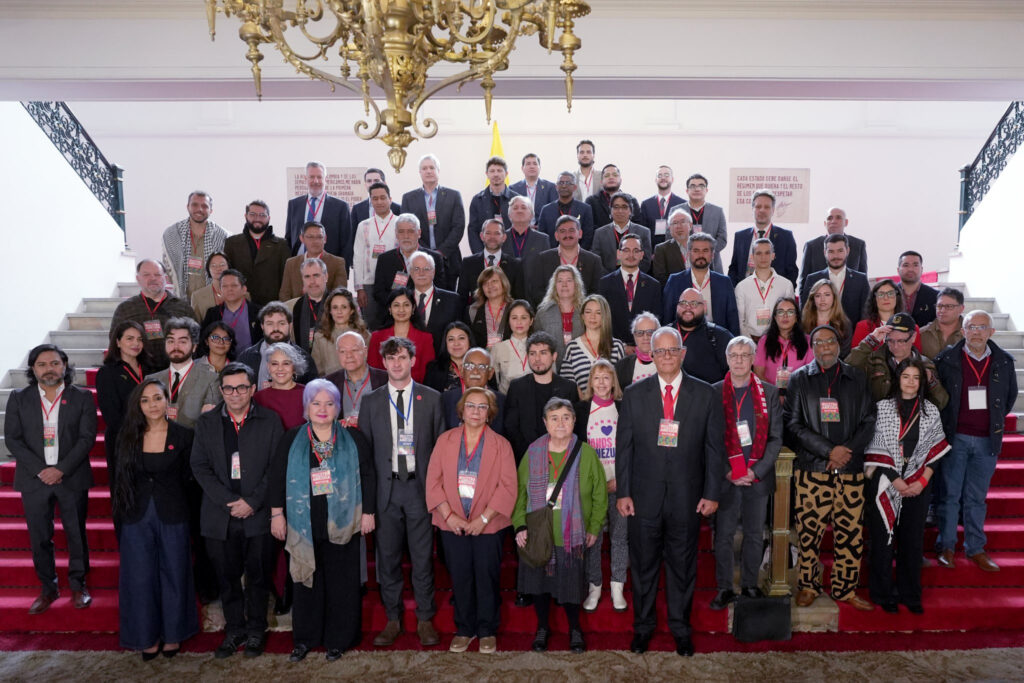Deputies Approve Free Access to All Mexican Beaches, Cancel Privatization
This article originally appeared in the October 2, 2025 edition of Sin Embargo.
Mexico City. The Chamber of Deputies unanimously approved a legal reform that guarantees free access to all beaches in the country and establishes that admission to protected natural areas will be free at least one day a week.
The ruling modifies the General Law on National Assets and the General Law on Ecological Balance and Environmental Protection to ensure that no individual or company can impede public use of these spaces. Below, we explain what the change entails.
Yesterday, the Plenary Session of the Chamber of Deputies approved that access to maritime beaches and the adjacent federal maritime-terrestrial zone be free, free of charge, and permanent, without distinction of origin, nationality, or social status.
Following the ruling, the collection of fees or the imposition of restrictive conditions was prohibited, except in cases related to public safety, national interest, or environmental protection.
The reform also requires those holding concessions or permits in federal maritime-terrestrial zones to guarantee public access. This seeks to reverse practices that for decades restricted access to beaches and led to the construction of walls, exclusivity in private clubs, and the closure of traditional crossings used by local communities and tourists.
Regarding protected natural areas, the law establishes that the Ministry of Environment and Natural Resources (Semarnat) must guarantee free entry at least one day a week, preferably on Sundays or holidays. Furthermore, on these dates, the agency will promote discounts provided for in the Federal Rights Law and, when conditions permit, free access to these areas.

Following approval by the Chamber of Deputies, the draft was sent to the Senate for discussion and eventual approval. Pursuant to the transitional article, the authorities must make the regulatory adjustments within a maximum of 180 calendar days after the decree enters into force.
To monitor compliance with these provisions, Semarnat, in coordination with neighboring municipalities, must create a National Registry of Beach Access. This registry will be integrated with information on urban development programs, ecological planning, and protected area management, as well as agreements with owners of properties near the federal maritime-terrestrial zone.
This will allow these access points to remain valid in the event of potential sales, boundary corrections, or disputes over boundaries with private land.
During his speech, Morena Coordinator Ricardo Monreal Ávila emphasized that this measure is part of the recovery of strategic national assets undertaken in recent years. He recalled that since the 1980s, a model has been in place that allowed for the privatization of companies and public resources, which is now being reversed for the benefit of citizens.
On behalf of the Institutional Revolutionary Party (PRI), legislator Miguel Alonso Reyes stated that the measure balances free access with responsible tourism. He emphasized that it will be necessary to implement safety, cleanliness, waste management, and civil protection protocols to ensure that the flow of visitors does not affect the natural environment or discourage private investment in tourist destinations.
-
No, Trump, “America” is not the US
An interview with José Luis Granados Ceja on the Progressive International’s Nuestra América conference, the flotilla to Cuba and the obligations of anti-imperialists.
-
CNTE Announces 72 Hour National Strike & March to Mexico City’s Zócalo
The class-conscious teachers union will also make “courtesy visits” to the embassies of countries who committed atrocities against Iran, to show their rejection of US imperialism.
-
Yet Another Mexican Citizen Dies in ICE Custody
The unidentified victim is the 9th Mexican citizen to have been killed in ICE detention since the beginning of 2025; this time in Adelanto, California.




